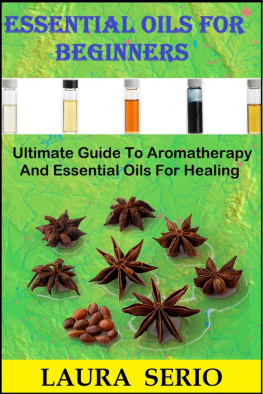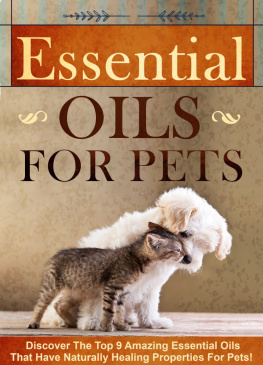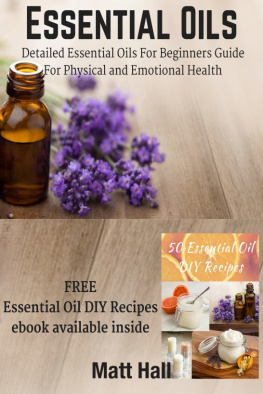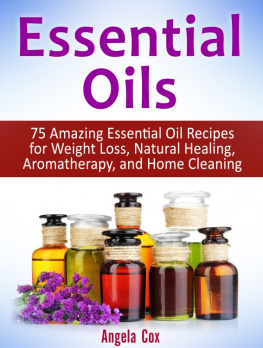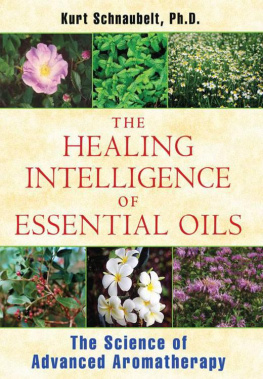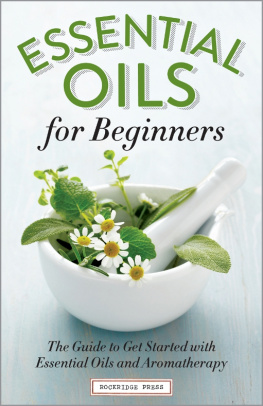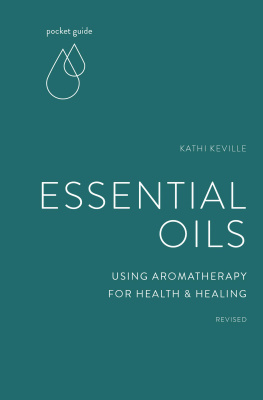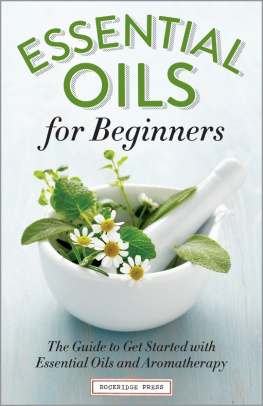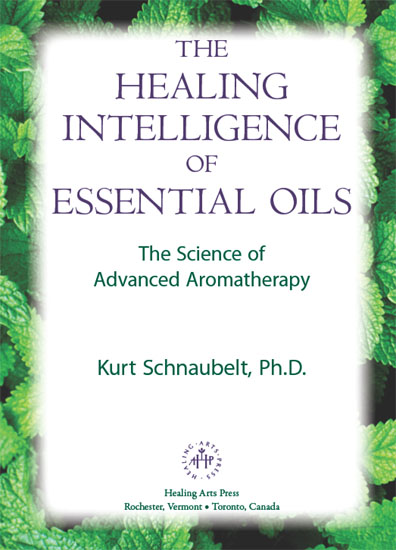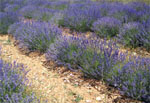Kurt Schnaubelt - The Healing Intelligence of Essential Oils: The Science of Advanced Aromatherapy
Here you can read online Kurt Schnaubelt - The Healing Intelligence of Essential Oils: The Science of Advanced Aromatherapy full text of the book (entire story) in english for free. Download pdf and epub, get meaning, cover and reviews about this ebook. year: 2011, publisher: Healing Arts Press, genre: Religion. Description of the work, (preface) as well as reviews are available. Best literature library LitArk.com created for fans of good reading and offers a wide selection of genres:
Romance novel
Science fiction
Adventure
Detective
Science
History
Home and family
Prose
Art
Politics
Computer
Non-fiction
Religion
Business
Children
Humor
Choose a favorite category and find really read worthwhile books. Enjoy immersion in the world of imagination, feel the emotions of the characters or learn something new for yourself, make an fascinating discovery.

- Book:The Healing Intelligence of Essential Oils: The Science of Advanced Aromatherapy
- Author:
- Publisher:Healing Arts Press
- Genre:
- Year:2011
- Rating:4 / 5
- Favourites:Add to favourites
- Your mark:
The Healing Intelligence of Essential Oils: The Science of Advanced Aromatherapy: summary, description and annotation
We offer to read an annotation, description, summary or preface (depends on what the author of the book "The Healing Intelligence of Essential Oils: The Science of Advanced Aromatherapy" wrote himself). If you haven't found the necessary information about the book — write in the comments, we will try to find it.
Explains how essential oils convey the complex natural healing powers of plants, offering scientifically proven advantages over synthetic drugs
Offers revolutionary essential oil treatments to ameliorate the side effects of chemotherapy and other cancer treatments as well as for hepatitis, osteoporosis, liver detoxification, and the prevention of UV damage and melanoma
Presents simple recipes and protocols for strengthening the immune system; for treatment of common ailments, such as colds, flu, herpes, and candida; and for pain management
Exploring sciences new biological understanding of essential oils and their advantages over synthetic drugs, renowned aromatherapist Kurt Schnaubelt reveals how the effectiveness of essential oil treatments stems from our common biochemical and cellular heritage with plants. He explains how essential oils preserve a plants complex natural life-supporting and immune-building qualities, developed through millions of years of interaction with animals and humans. Reviewing recent research in molecular, cellular, and evolutionary biology, he shows how the multilayered activity of plant essences helps maintain the integrity of our genetic code--the reason why pathogens cannot develop resistance toward essential oils as they do with antibiotics and antivirals--making essential oils a more effective and sustainable form of treatment for a variety of health problems.
Laying to rest old arguments over essential oils alleged toxicity and whether they can be ingested or used undiluted, Schnaubelt presents simple recipes and protocols for treating and preventing common ailments, such as colds, flu, herpes, and candida, as well as for pain management. Offering new essential oil treatment opportunities for hepatitis, osteoporosis, liver detoxification, and the prevention of UV damage and melanoma, he shows how essential oils can also ameliorate the debilitating side effects of chemotherapy and other cancer treatments as well as how even home use of essential oils for relaxation or skin care can help build ones immunity and overall well-being.
Kurt Schnaubelt: author's other books
Who wrote The Healing Intelligence of Essential Oils: The Science of Advanced Aromatherapy? Find out the surname, the name of the author of the book and a list of all author's works by series.

